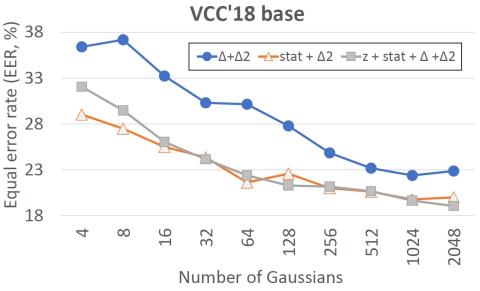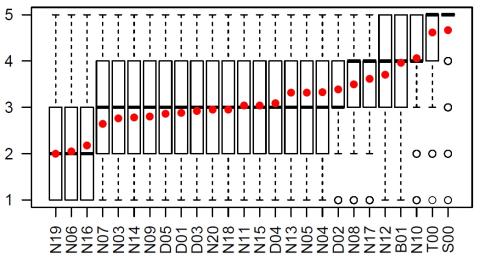
A Spoofing Benchmark for the 2018 Voice Conversion Challenge: Leveraging from Spoofing Countermeasures for Speech Artifact Assessment
Voice conversion (VC) aims at conversion of speaker characteristic without altering content. Due to training data limitations and modeling imperfections, it is difficult to achieve believable speaker mimicry without introducing processing artifacts; performance assessment of VC, therefore, usually involves both speaker similarity and quality evaluation by a human panel. As a time-consuming, expensive, and non-reproducible process, it hinders rapid prototyping of new VC technology. We address artifact assessment using an alternative, objective approach leveraging from prior work on spoofing cou...

